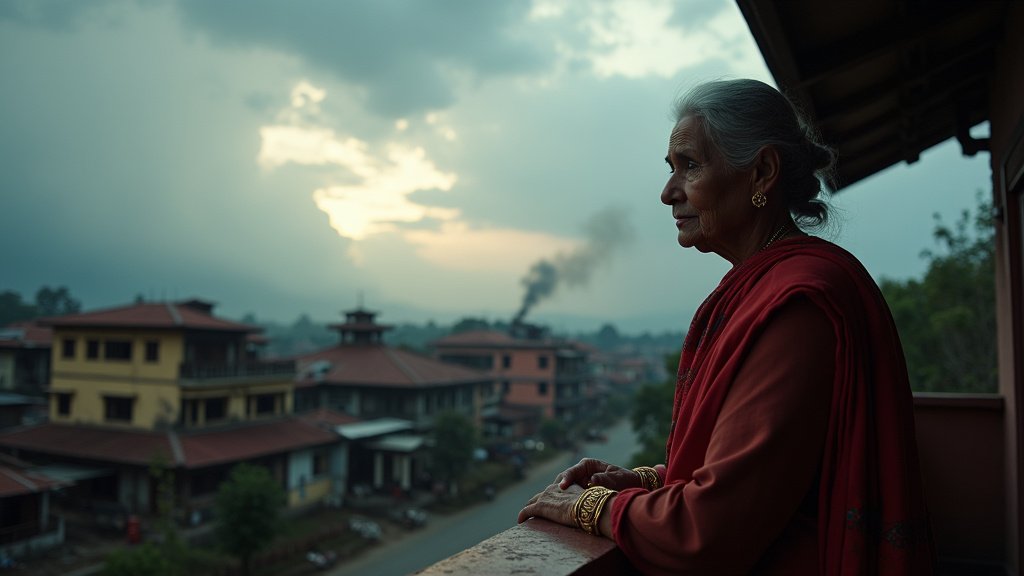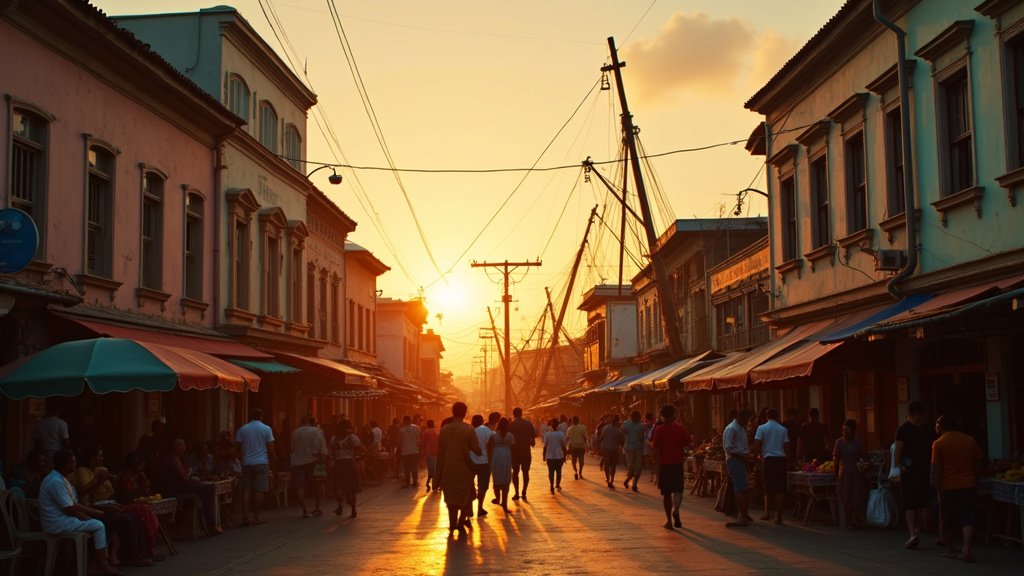Nepal has appointed its first female interim Prime Minister, Sushila Karki, marking a significant moment for the Himalayan nation as it seeks to navigate a path out of severe political upheaval and a week of devastating anti-corruption protests. The appointment, announced on Friday, September 12, 2025, follows widespread demonstrations that claimed numerous lives, led to a mass prisoner escape, and ultimately forced the resignation of the previous government. Karki, a 73-year-old former Chief Justice of Nepal’s Supreme Court, is widely regarded as a consensus candidate renowned for her strong stance against corruption, a quality that has resonated deeply with the Gen Z demographic that spearheaded the recent movement. This development is a key piece of global news, reflecting a nation at a critical juncture.
The Nation Gripped by Unrest
Nepal was plunged into crisis following protests that ignited on Monday, September 8, 2025, initially triggered by a government ban on several social media platforms, including Facebook, X, and Instagram. However, the demonstrations rapidly evolved into a broad-based movement against systemic corruption, ineffective governance, and the perceived detachment of the political elite from the populace. The unrest escalated dramatically, leading to widespread vandalism and targeted attacks on government infrastructure. Protesters stormed and set fire to the parliament building, numerous other key government facilities, and the residences of several politicians. The escalating violence, met with a forceful response from security forces, resulted in a significant death toll and widespread injuries across the country. The crisis reached its peak on Tuesday, September 9, 2025, with the resignation of Prime Minister K.P. Sharma Oli, creating a political vacuum that necessitated the urgent formation of an interim administration.
A Steep Death Toll and Mass Escape
The week of intense unrest has left a grim tally of casualties. Police reports indicate that at least 51 people lost their lives amidst the clashes. This figure comprises 21 protesters, nine prisoners who died during or immediately after their escape, three police officers, and 18 other individuals. In addition to the fatalities, over 1,300 people sustained injuries as security forces grappled with controlling the volatile situation. The chaos also led to a severe security breakdown, with more than 12,500 prisoners escaping from various correctional facilities nationwide. Authorities have since been engaged in efforts to recapture the fugitives, many of whom are believed to have attempted to flee the country.
Sushila Karki: A Beacon of Integrity Takes the Helm
Sushila Karki’s ascension to the interim premiership is a landmark event, not only making her Nepal’s first female head of government but also highlighting her distinguished legal career. As the former Chief Justice of Nepal’s Supreme Court from July 2016 to June 2017, Karki cultivated a reputation for judicial independence, unwavering integrity, and a resolute stance against corruption. Her legal journey began as an advocate in 1979, and she steadily progressed through the judiciary, earning respect for her principled approach. Her verdicts in several high-profile corruption cases have particularly endeared her to a younger generation increasingly disillusioned with the status quo. At 73, Karki is seen by many as a trustworthy leader capable of restoring order and accountability. Her background and reputation position her as a strong consensus candidate, appealing to the youth movements and potentially bridging divides among various political factions.
Navigating Political Uncertainty
The transition to Karki’s interim government was not without its challenges. Initial concerns were raised about her eligibility to hold the interim prime ministerial post, as she is not a member of parliament. However, an agreement to dissolve parliament was reportedly reached, smoothing the path for her appointment. This move is intended to de-escalate immediate tensions and re-establish order. Nevertheless, Nepal’s political landscape remains inherently unstable, marked by a history of uncertainty since the abolition of its monarchy. The current situation underscores deep-seated frustrations related to governance, economic stagnation, and a widespread sense of alienation among the youth.
Looking Ahead: Challenges and Hopes
Karki’s immediate priorities will be to restore law and order, manage the aftermath of the extensive damage and social disruption, and initiate preparations for new elections. The expectation is that her leadership will usher in an era of greater transparency and accountability, addressing the endemic issues of corruption and favoritism that fueled the recent protests. While her appointment offers a significant ray of hope, Nepal is still poised for a prolonged period of political transition. Her success in unifying the country’s disparate elements and implementing substantive reforms will be critical in shaping Nepal’s future. This developing story remains trending globally, underscoring its importance in current world news.




